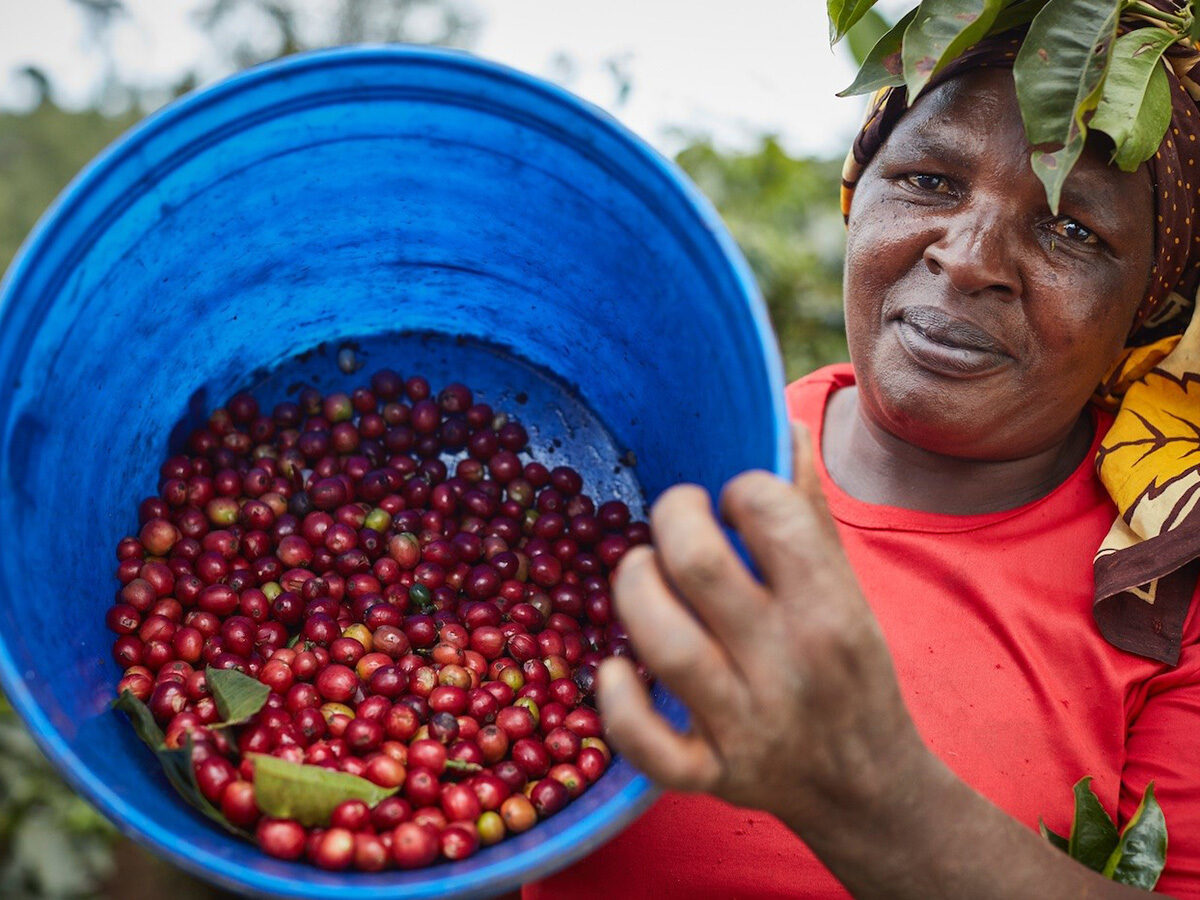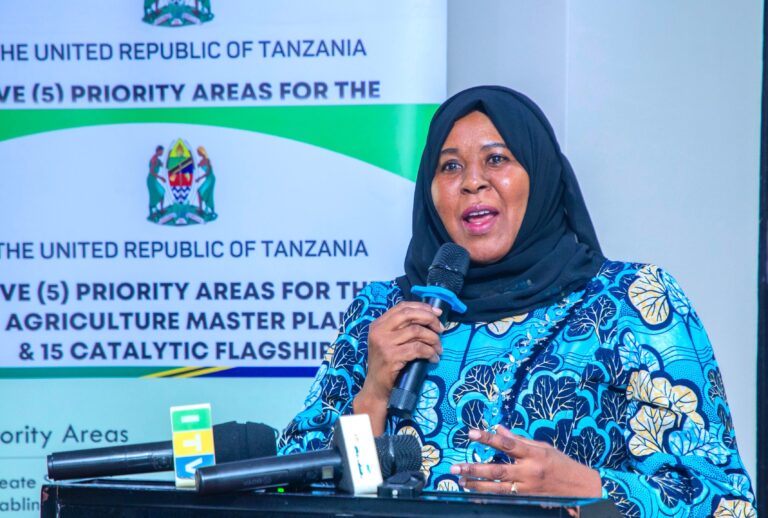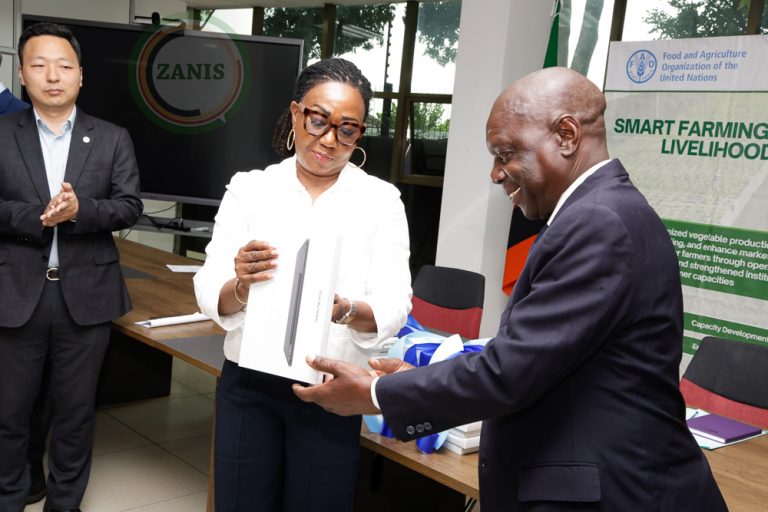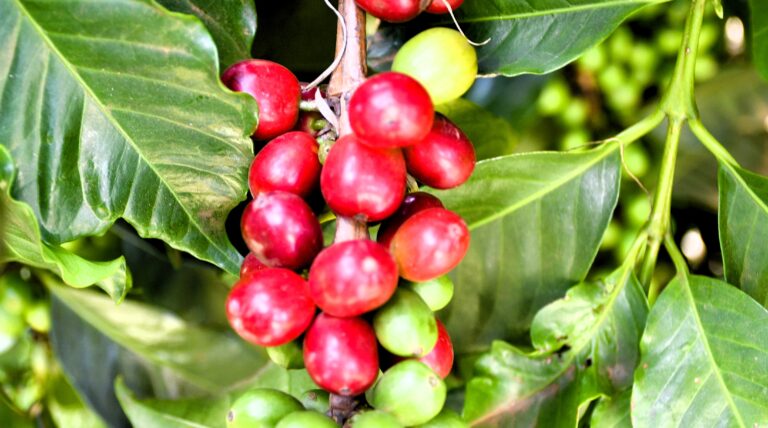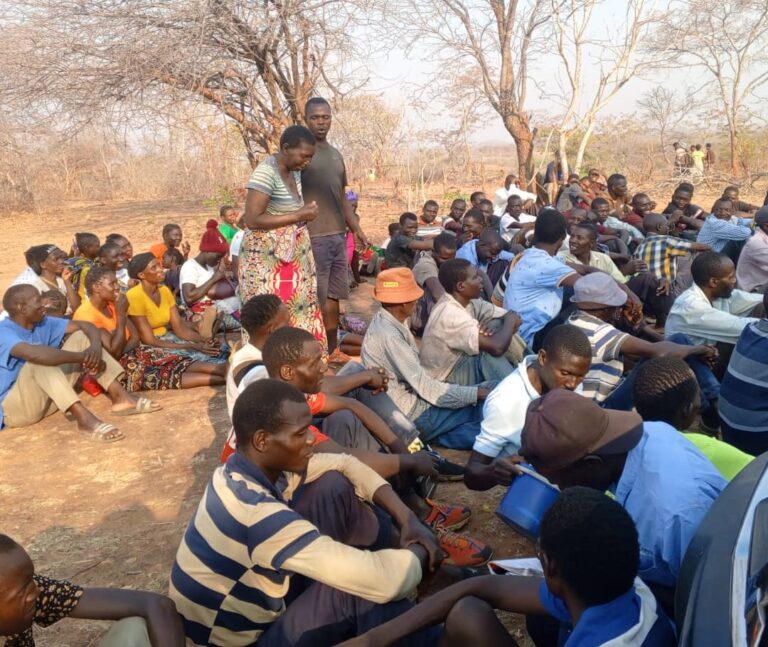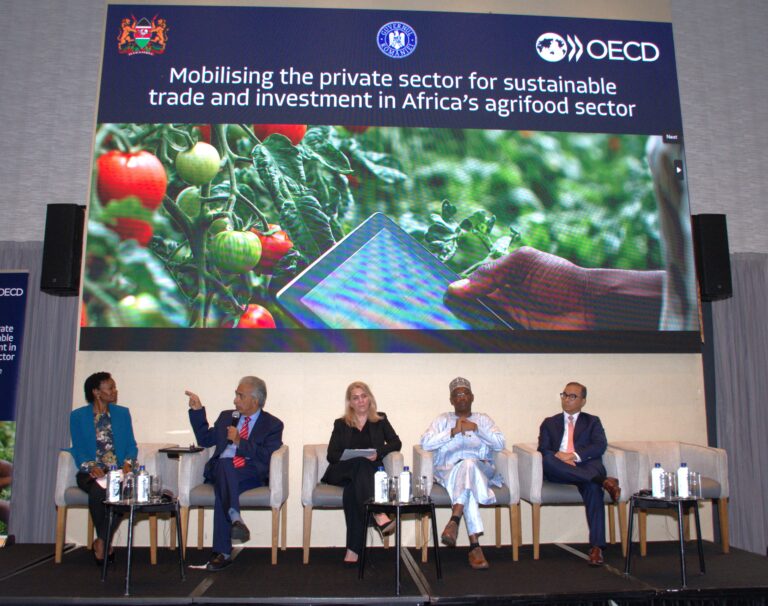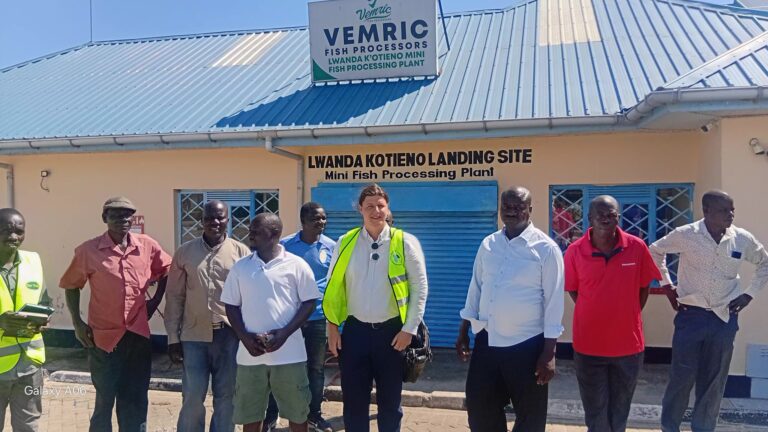By Kimuri Mwangi
Kenya need not worry about its coffee compliance with the European Union’s Deforestation Regulation (EUDR) since there is no deforestation associated with coffee plantations.
In an exclusive interview with Kilimo News, the European Union Ambassador to Kenya, Henriette Geiger, however, said that Kenya needs to prove that this is the case.
The EU’s Deforestation Regulations (EUDR) require that coffee and other commodities entering the EU market be deforestation-free, produced following local laws, and traceable back to the farm. For coffee, this means ensuring no land used to cultivate it was deforested after December 31, 2020.
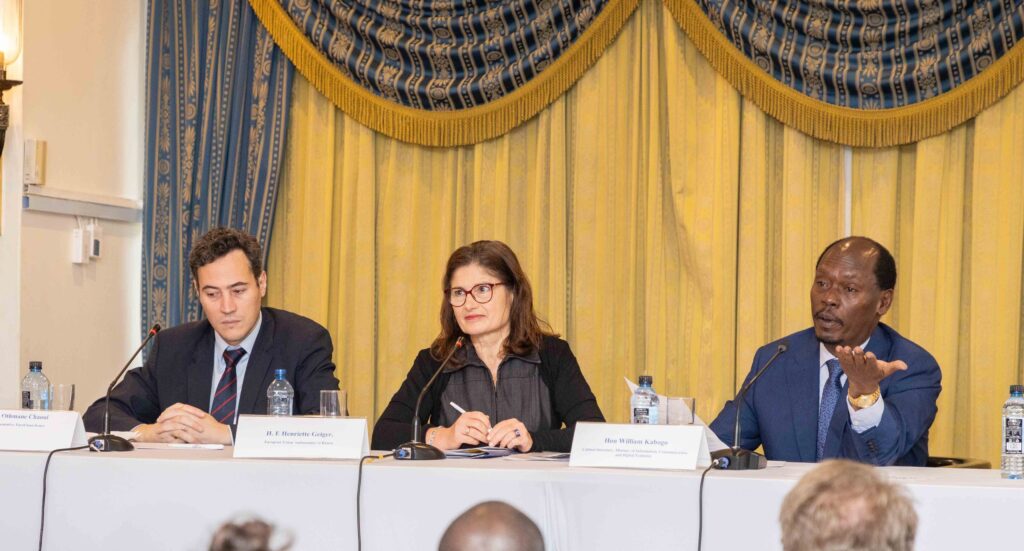
The Diplomat told Kilimo News that the European Union (EU) is assisting the Kenyan Coffee industry to comply with the regulations. “We already had experts here, and just last week, we had a renewed visit from an expert. We’re helping by surveying the space to ensure that the coffee farmers can demonstrate compliance. From what I heard, our experts said Kenya has no problem with that regulation on compliance because, in the case of Kenya, there’s no deforestation happening due to the coffee plantations,” she opined.
She added that the EU is helping by surveying systems since an individual farmer to comply with the bureaucratic things needed is very difficult. “Most of the coffee sector is organised in cooperatives, so the cooperatives can do that work for their associated farmers, and we can work directly with cooperatives. I’m meeting the CS for cooperatives also on that, so I’m sure that we’ll find a good solution first because it is not happening, and second because we will help to find the tools to give the proof, so the small coffee farmers will not be unduly burdened by this.”
Geiger said that they already offered the global surveying system technology for doing that and according to experts, everything is okay but she has to go into details with the Agriculture Cabinet Secretary to see how that compliance can then go back to the European Union in a way that is not penalising the small farmers stating that “they just should be worried about growing their coffee.”
Compliance with the EUDR regulations has created tension in the coffee industry, as farmers who fail to comply risk losing access to the EU market, which accounts for 45% of globally traded coffee.
The EUDR requires traceability down to the plot of land where coffee was grown, demanding GPS coordinates and proof that no deforestation occurred after December 2020. Smallholder farmers who produce 80% of the world’s coffee often lack the resources for geolocation mapping and documentation, making compliance difficult. Exporters and cooperatives must therefore invest in digital systems and audits, increasing costs that may be passed down the supply chain.
Many coffee-producing countries like Kenya, Ethiopia and Uganda rely on small farms with informal land ownership records, making it hard to provide legal proof of deforestation-free status. Countries like Brazil, where large farms dominate, may adapt more easily, and this could reshape global coffee trade flows, favouring nations with advanced traceability systems. There are fears that the rules could lead to consolidation in the industry, with only big players able to afford compliance.
There are also concerns that some coffee buyers are shifting away from high-risk regions like some parts of Africa, Indonesia, and Latin America, causing uncertainty and price volatility. Buyers may favour large plantations with clear documentation, marginalizing smallholders. Some exporters are also exploring alternative markets like the U.S., the Middle East and China, to avoid EUDR hurdles, though these markets often pay lower prices.
These fears have seen the EU extend the compliance deadline for coffee as more countries request more time to meet the requirements. The originally planned deadline was December 30, 2024, which was extended to December 30, 2025, for large companies. Micro and small businesses have until June 30, 2026.


